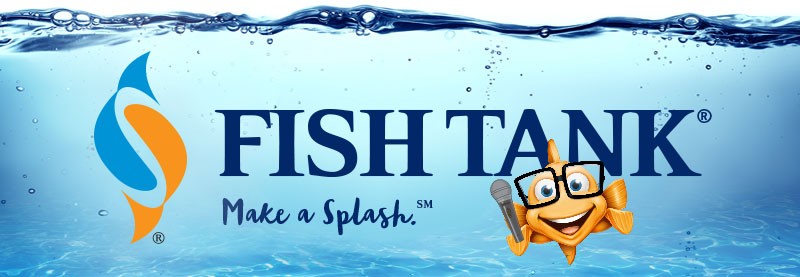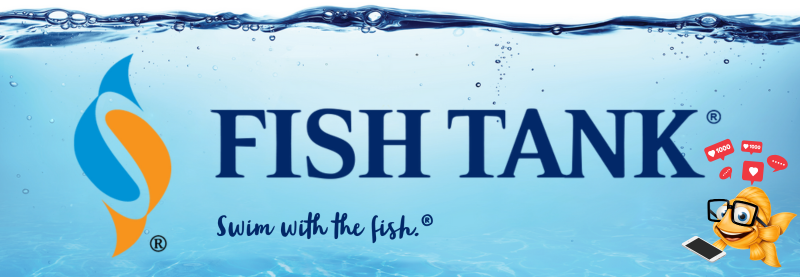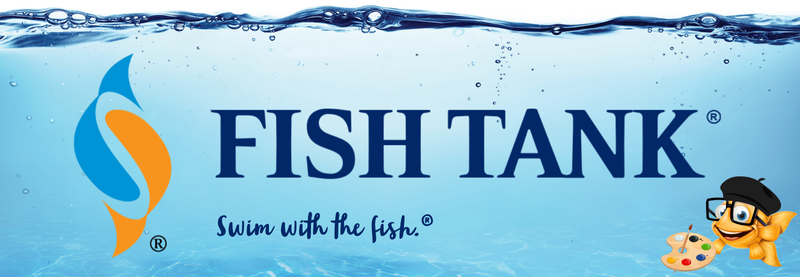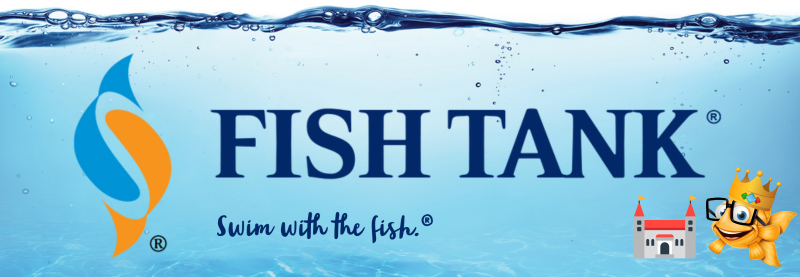Intellectual Property Insights from Fishman Stewart PLLC
Newsletter – Volume 23, Issue 10
Share on Social

No More Discord Over This Chord: Sheeran Sings His Way To Copyright Win
Ed Sheeran recently successfully defended against a copyright infringement lawsuit over his 2014 hit “Thinking Out Loud.” Songwriter Ed Townsend’s heirs brought the suit alleging Sheeran had infringed Townsend’s copyrights in the 1973 Motown classic, “Let’s Get It On” which Townsend co-authored with Marvin Gaye.
Sheeran had won many hearts with his hit song before the trial, but he may have also won the jury, and thus the case, with an in-court musical demo, audibly illustrating numerous hit songs’ musical similarities.
The case centered on what constitutes “copying”: in evaluating whether a song infringes the copyright in prior songs by other musicians, how much similarity between songs is enough to be considered impermissible “copying”? In other words, where is the line between similarity and infringement?
In this case, the two songs do not share any of the same lyrics, a common theme, or genre, and the songs, generally, do not sound very alike. So, you may ask, what exactly was the basis for the alleged infringement?
The registered copyright in “Let’s Get It On” consists of the song’s sheet music (chords, lyrics, and melody) which was deposited with the U.S. Copyright Office in the early 1970s. This is what the Townsend Estate believed was “copied” by Sheeran, pointing to a “smoking gun” video of Sheeran singing “Thinking Out Loud” at a concert where he seamlessly transitioned into a rendition of “Let’s Get it On.” The Townsend Estate argued that this mashup conclusively demonstrated the two songs were substantially similar.
Ultimately, the finding of whether there was infringement hinged on a comparison of just a few chords in the two songs. Sheeran did not dispute that the chords are similar. Rather he took to his more familiar stage, showing up himself in court, guitar in hand, to perform his music chord tutorial. He and his legal team showed that the chords at issue had been used in over 100 prior songs, including some that predate “Let’s Get It On.” Sheeran’s team argued that the chords are everyone’s to use and serve as the “building blocks” for many songs with no single owner.
After listening to Sheeran’s strumming, it took the jury less than three hours to decide there was no infringement, in favor of Sheeran.
Sheeran’s win is significant, both for him—who threatened to retire from music if he lost what he believed to be a frivolous lawsuit—as well as for other artists currently creating music in the industry who now possess an arsenal to defend themselves and their works against such claims of copyright infringement. A finding in favor of the Townsend Estate would surely have opened a floodgate of copyright lawsuits against many artists perhaps resulting in, what some believe to be, the stifling of the progression of music.
Linda is a Partner at Fishman Stewart, specializing in intellectual property law. Linda focuses mainly on trademark and copyright law, including foreign and domestic prosecution and litigation, as well as agreements and assignments. Check out her full bio here.
Related Content from Fishman Stewart
In our previous FishTank article “The Great Beige-Off: Influencer Sues for ‘Vibe’ Infringement,” we reported on Sydney Nicole Gifford’s lawsuit against fellow influencer Alyssa Sheil over allegations of copyright infringement involving neutral-toned social media content.
People have long pondered whether or not the Giza pyramids were indeed solely burial chambers, which was the only known, and archaeologically determined, use—until now.
As the story goes, Klein was so taken with the indescribable blue of the sky over the Mediterranean in Nice, France, that he dedicated his artistic talent developing a blue that would imbue the canvas with this color in its purest form.
Despite her pseudo-legal background in Suits, Meghan has been running into one issue after another in her efforts to register the trademark and logo for her new lifestyle company, for now, called “AS EVER”.
By 1930, efforts began in New York to replace Mother's Day with Parent's Day because men were more than just breadwinners. Those efforts didn't catch on, probably because in that era, women often spent more time in the home.
In February, Nike and Skims announced that they will be working together on a new brand, NikeSkims. The co-brand will create a new line of training apparel, footwear, and accessories specifically designed to meet the unique needs of women athletes.
Generally, federal courts have exclusive jurisdiction over copyright cases, and often, this presents an insurmountable paywall for individual artists and small businesses to vindicate their rights, especially where the value of the individual copyrighted works are relatively low.
Dedicated to raising public awareness about the importance of encouraging innovation and creativity throughout the world, the World Intellectual Property Organization (WIPO) annually observes World Intellectual Property Day on April 26 to showcase the role that patents, trademarks, industrial designs, copyrights and trade secrets play in our everyday lives.
Hold onto your foam fingers, sports fans – college sports just got a whole lot more interesting! The latest updates to Name, Image, and Likeness (NIL) rules are making student-athletes bigger than ever, and it’s not just about the game anymore.
Did a federal court in Louisiana recently decide that US copyrights are global rights? It seems so.
IDENTIFYING, SECURING AND ADVANCING CREATIVITY®
















